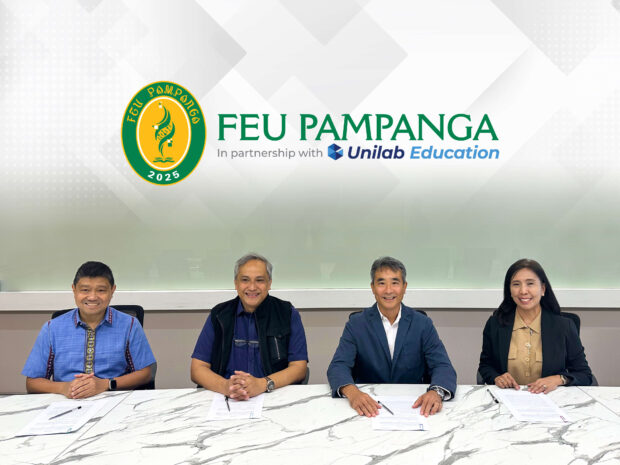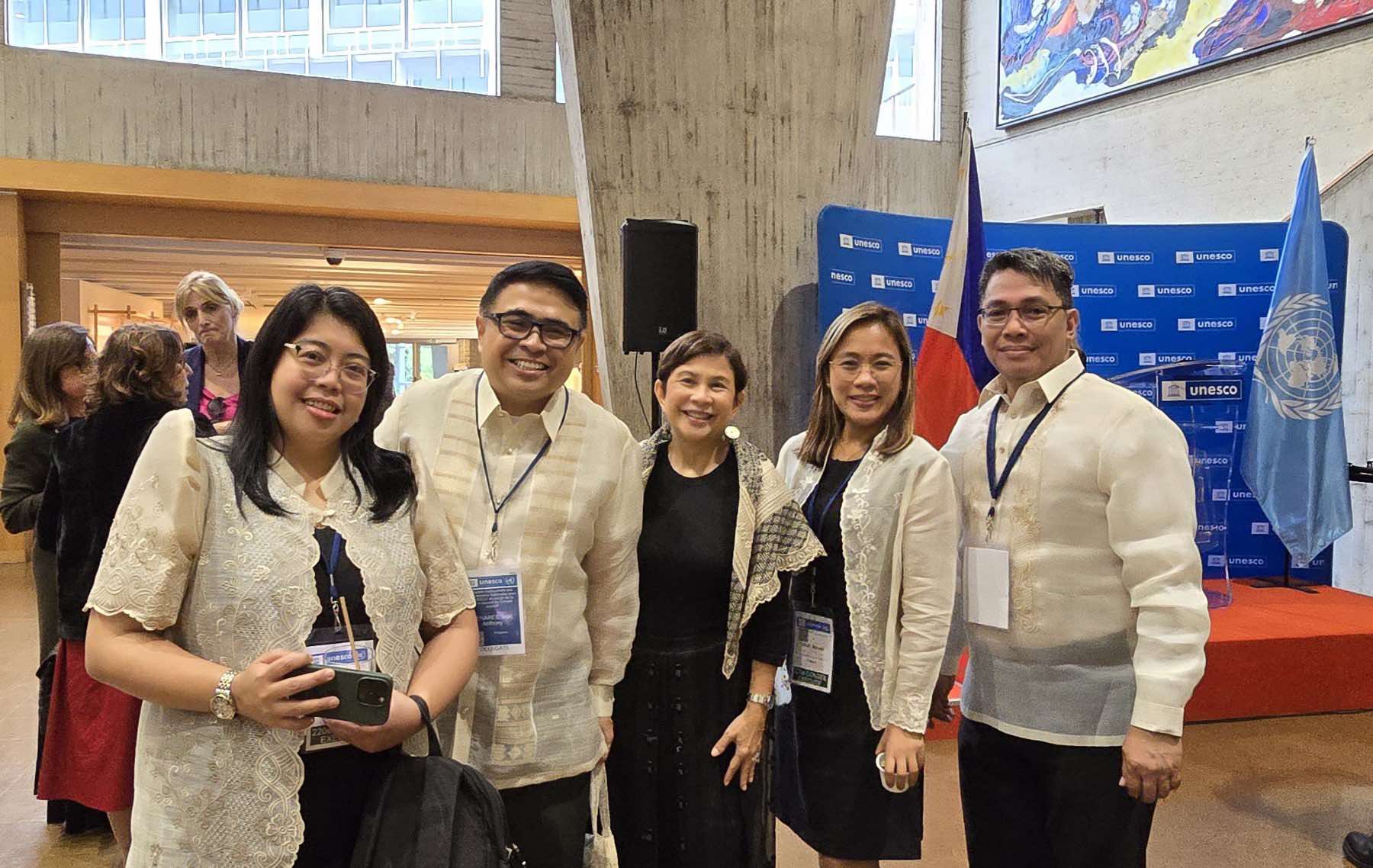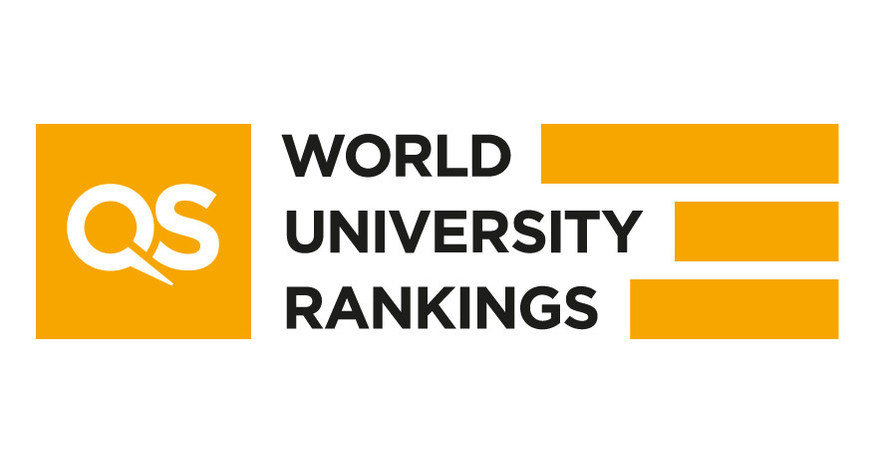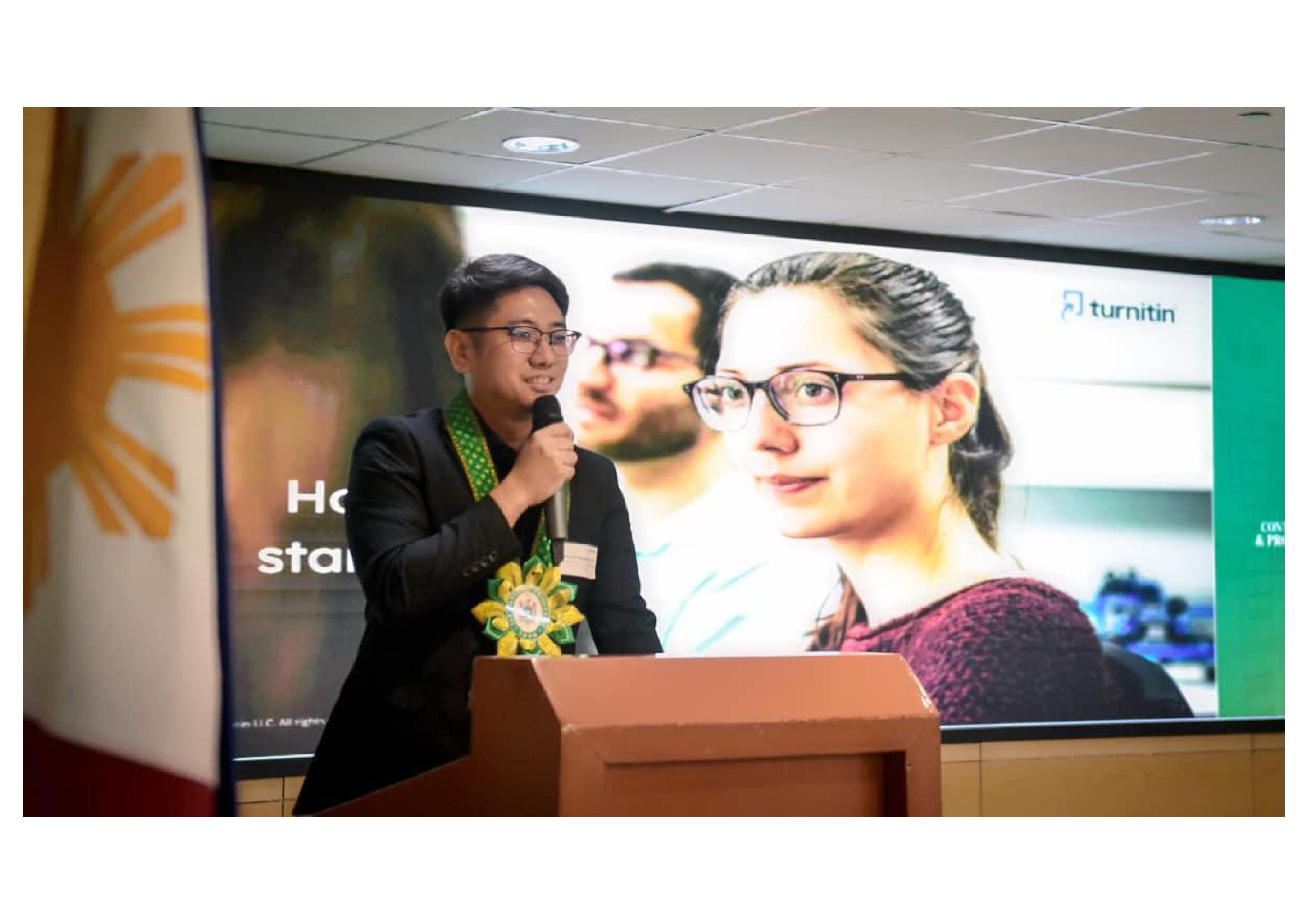Far Eastern University’s Dr. Percival Paras, director of AQA, and Dr. Michelle Acomular, VP for Admissions and Financial Assistance of FEU participated in the training and assessment workshop from Jan. 25 to 31.The ASEAN University Network Tier 2 Training for Assessors was held in Mahidol University, Bangkok, Thailand.
The Academic Development Office (ADO) houses the Academic Quality Assurance (AQA) Office, which leads the university’s academic quality assurance initiatives. Its primary goal is to guarantee that the university’s academic offerings and all its academic programs satisfy both local and international quality standards.
AQA helps the University in retaining its autonomous position by accreditation, recognition, and/or assessment of the academic programs and the institution to measure quality for ongoing improvement. AQA is committed to program excellence, institutional sustainability, and enhancement.
The ASEAN University Network Quality Assurance (AUN-QA) in Mahidol University, Bangkok, Thailand hosted the ASEAN University Network Tier 2 Training for Assessors wherein Dr. Percival Paras, director of AQA, and Dr. Michelle Acomular, VP for Admissions and Financial Assistance of FEU participated in its training and assessment from Jan. 25 to 31.
Other Filipino participants included the delegates from De La Salle University (DLSU), DLSU-Health Sciences, DLSU Dasmariñas, Baliuag State University, University of San Carlos, and Manuel Enverga University Foundation.

The first half of the training was about the ASEAN University Network framework and program assessment, while the second half of the training was in Mahidol University, where trainees observed the actual assessment of the different programs of Mahidol University, Thailand, together with other trainees/delegates from Vietnam, Malaysia, Indonesia, and Thailand.
This recent endeavor provided much benefit to FEU in many ways. First, the Assessors training (AUN-Tier 2) specifically trains quality assurance practitioners to conduct assessments in higher education and see how other universities in Southeast Asia are doing it and, in return, they can benchmark with them on their best practices for quality assurance. Secondly, it helps the Quality Assurance office prepare and plan for future international program assessment and the plans of FEU for institutional assessment toward the end of this year.

Third, it gives opportunities for FEU delegates to become assessors in ASEAN universities too, therefore, representing FEU in the international community, which may increase the university’s good reputation and global impact. Lastly, the training the delegates got in AUN Tier 2 will also help in preparing for a Quality Assurance succession plan by training as well current and future faculty, administrators, and even other stakeholders.




